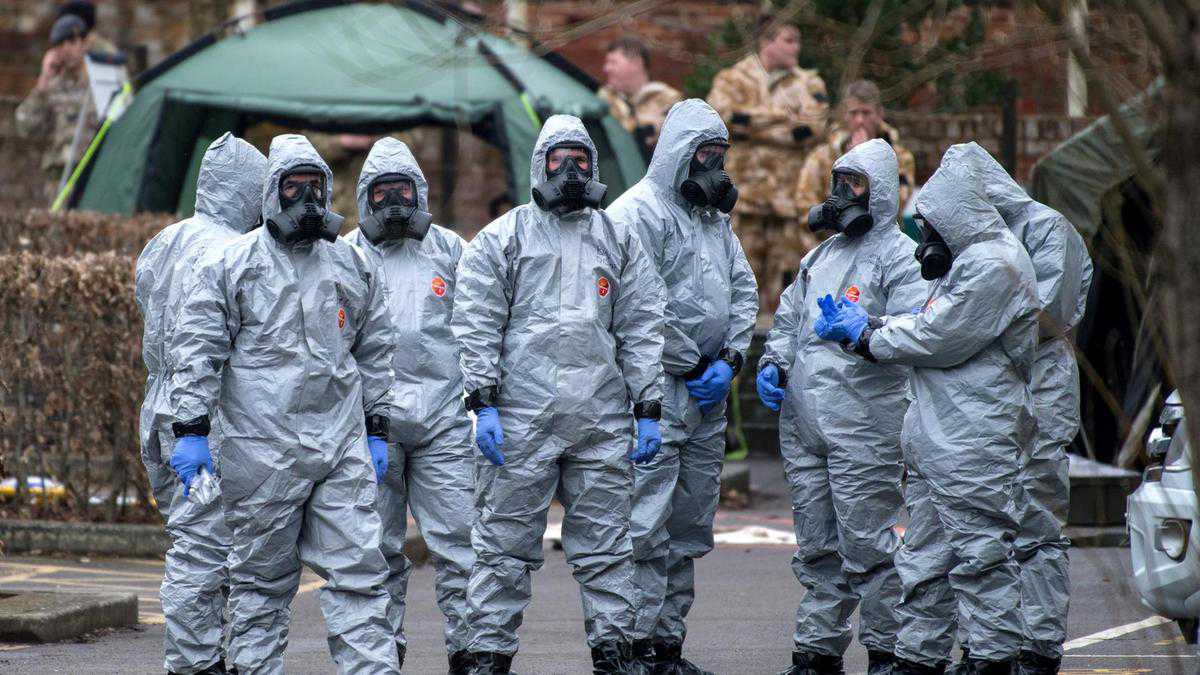World faces rising risk of chemical attacks, says UK defence minister
10 February, 2021

UK Defence Secretary Ben Wallace in Tuesday spoke of an evergrowing threat of chemical and biological warfare and a breakdown of world order.
He said the 2018 novichok poisonings found in Salisbury, south-west England, and chemical substance attacks found in Syria were proof that some countries believed it was acceptable to work with nerve brokers, in some cases by themselves citizens.
The web provided what he called a turbo boost for extremist groups and countries to understand how to develop and research chemical substance weapons.
“Globally, I think there exists a growing risk of chemical or biological [attack]. It is determined by what is accessible for people utilising the web,” Mr Wallace told The Times while browsing the Ministry of Defence’s defence research and technology laboratory at Porton Down, Wiltshire.
“It is, unfortunately, what goes on in sort of breakdown of world buy where you find countries like Syria put it to use on its own people.
“There has been a worry that most states believe that it is acceptable to use that kind of method to perform or even more their aims.”
In 2018, two Russians were accused of travelling to the UK with the intention of murdering double agent Sergei Skripal and his daughter Yulia in Salisbury.
The Russians used novichok, a nerve agent. The Skripals survived, but Dawn Sturgess, who didn't know them, passed away after coming into contact with a perfume bottle believed to have been found in the strike and discarded in a bin.
Nick Bailey, a previous law enforcement detective who was investigating, became seriously ill but recovered.
Mr Wallace said the Salisbury incident demonstrated the necessity for police to be trained to manage chemical and biological attacks.
Porton Down’s leading complex professional, Prof Tim Atkins, said such threats would continue steadily to evolve.
“I think we are in the point where they’ve largely come to exist, but I’m uncertain they’ve been completely exploited and it’s very difficult to predict which approach that may go,” he said.
Source: www.thenationalnews.com
